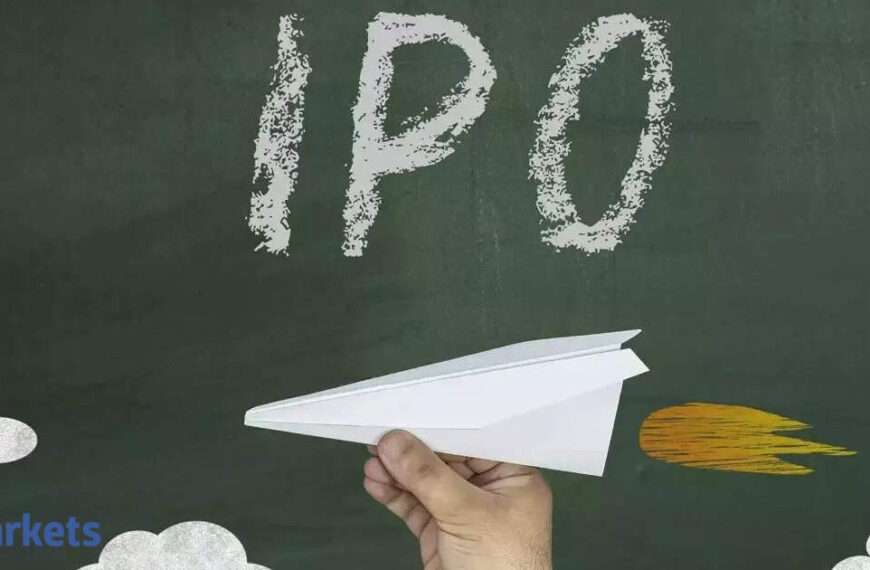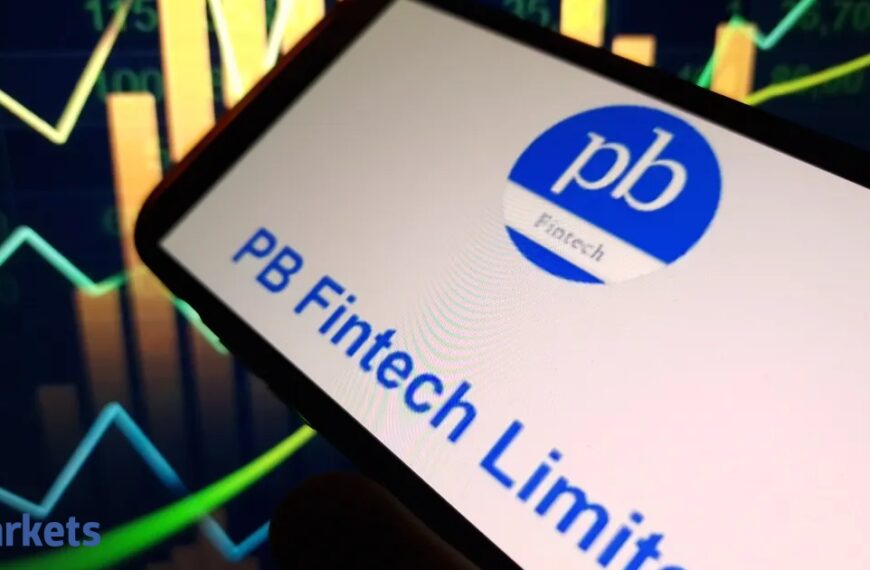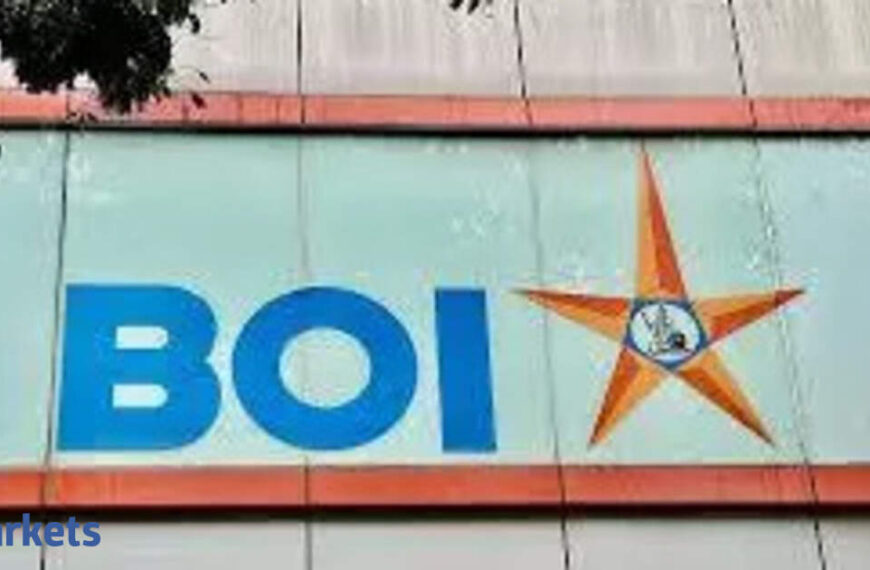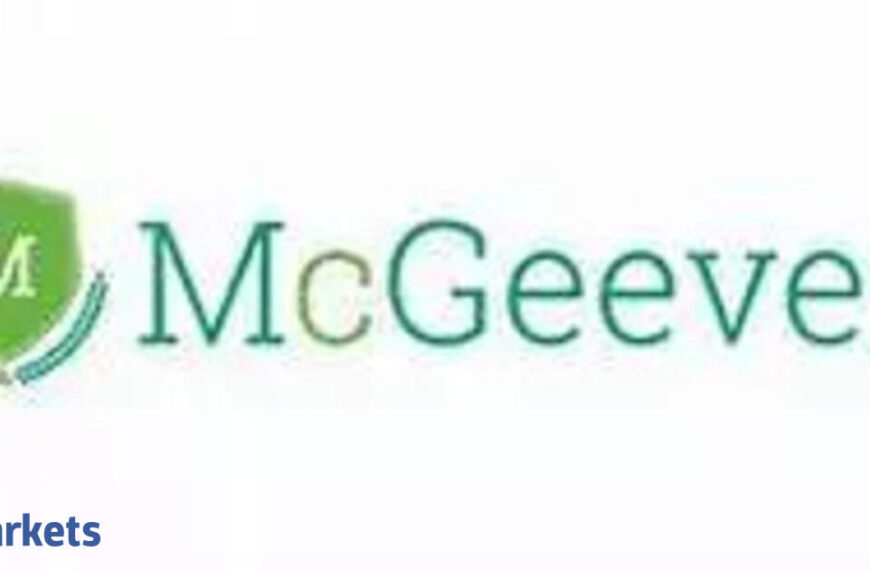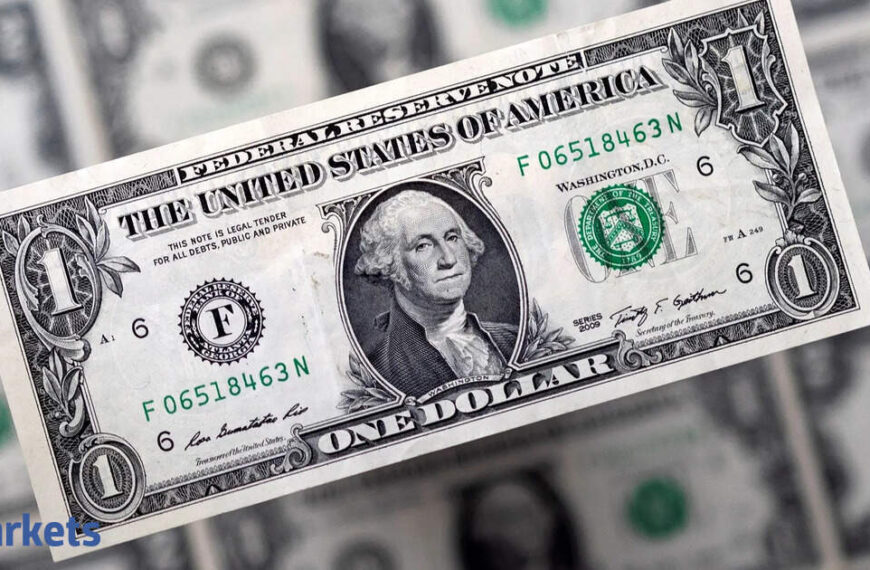This order follows a recent incident where the Enforcement Directorate (ED) called prominent lawyers Arvind Datar and Pratap Venugopal for questioning regarding their legal opinions to Care Health Insurance. The ED later withdrew these summons after Bar associations across India condemned the actions. It then issued internal guidelines requiring director approval before summoning advocates.
While providing interim protection to the Gujarat advocate, the court considered the broader implications.
The bench said: “Permitting investigating agency/prosecuting agency/police to directly summon defence counsel or advocates, who advise parties in a given case would seriously undermine the autonomy of the legal provision and would even constitute a direct threat to the independence of the administration of justice.” It added: “This is a matter directly impinging on the administration of justice. Hence, subjecting the counsel in a case to the beck and call of the investigating agency prima facie appears to be completely untenable.” The court indicated its intention to seek guidance from senior legal officials, including attorney general R Venkataramani, solicitor general Tushar Mehta, Bar Council of India chairman Manan Kumar Mishra, Supreme Court Bar Association president Vikas Singh and Supreme Court Advocates-on-Record Association president Vipin Nair.
The apex court outlined two primary questions for consideration: whether enforcement authorities should be permitted to directly summon lawyers who are purely providing legal advice to clients, and in cases where involvement exceeds legal representation, whether direct summons should be allowed or if judicial oversight should be established. Considering the matter’s importance, the court ordered that it be referred to the Chief Justice of India for further directions.


